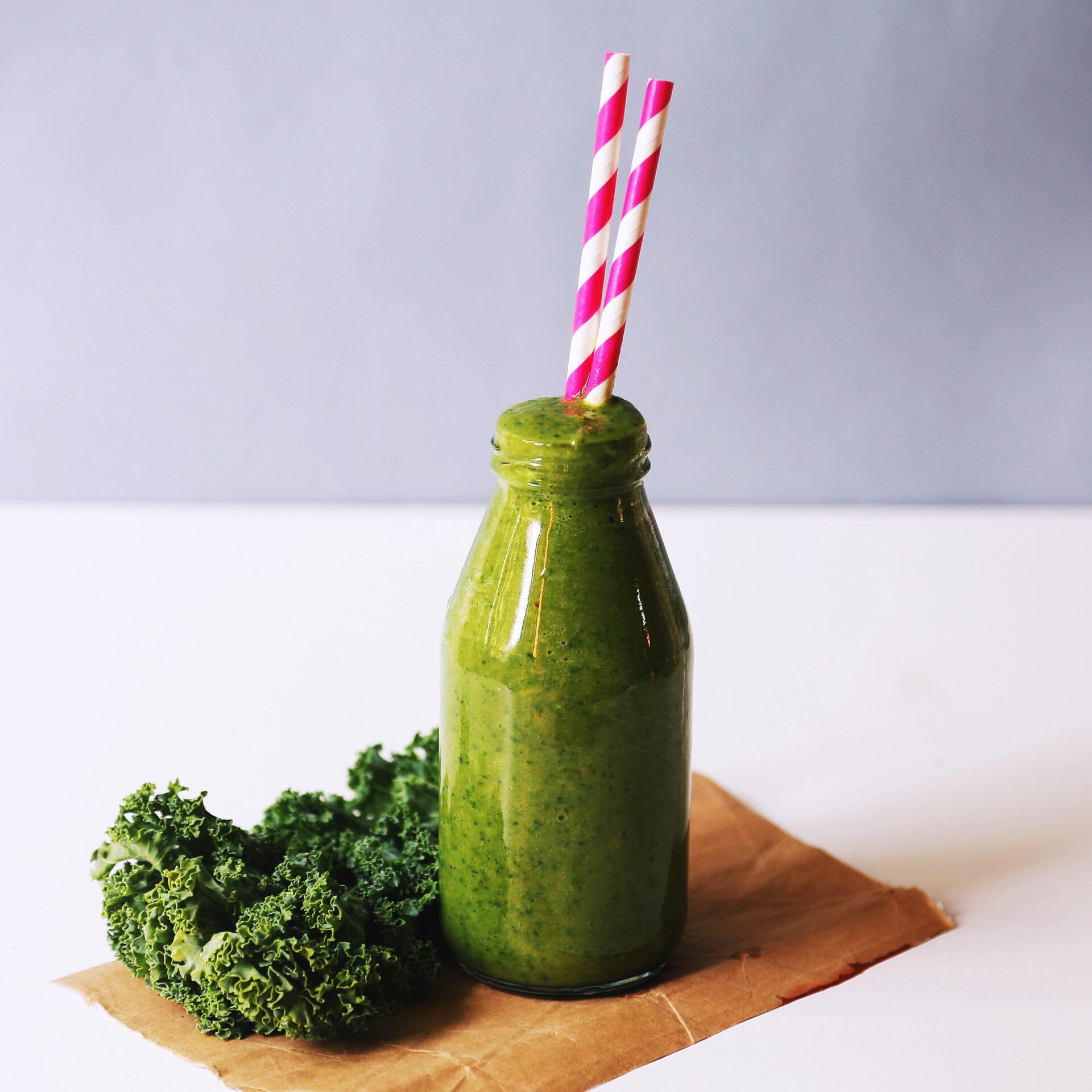Vitamins are essential nutrients that our body needs to function properly. They play a crucial role in maintaining good health and preventing diseases. One such vitamin is vitamin E, which is a fat-soluble vitamin that acts as an antioxidant in the body. It is found naturally in many foods and is also available as a supplement. Vitamin E has numerous health benefits, including improving immune function, protecting against heart disease, and promoting healthy skin and eyes. In this article, we will explore the role of vitamin E in a healthy diet and how to ensure that you are getting enough of this important nutrient.
What is vitamin E and why is it important for our health?
Vitamin E is a fat-soluble nutrient that acts as an antioxidant in the body, protecting cells from damage caused by free radicals. Free radicals are unstable molecules that can harm cells and contribute to the development of chronic diseases such as cancer and heart disease. Vitamin E is also important for immune function, cell signaling, and gene expression.
The term “vitamin E” actually refers to a group of eight different compounds, four tocopherols and four tocotrienols. Alpha-tocopherol is the most biologically active form of vitamin E and is the form most commonly found in supplements and fortified foods. However, all forms of vitamin E have antioxidant properties and are important for overall health.
Vitamin E is found naturally in many foods, including nuts, seeds, vegetable oils, leafy greens, and fortified cereals. However, many people do not consume enough vitamin E in their diets, which can lead to a deficiency. Vitamin E deficiency is rare, but can cause nerve damage, muscle weakness, and vision problems.
The different types of vitamin E and their sources
As mentioned earlier, vitamin E is a group of eight different compounds, four tocopherols and four tocotrienols. Each of these compounds has a slightly different chemical structure and biological activity.
Alpha-tocopherol is the most biologically active form of vitamin E and is the form most commonly found in supplements and fortified foods. It is also the form of vitamin E that is most studied for its health benefits. Beta-tocopherol, gamma-tocopherol, and delta-tocopherol are other forms of tocopherols that are found in foods.
Tocotrienols are less common in the diet but are also important for health. They have been shown to have antioxidant and anti-inflammatory effects and may help to lower cholesterol levels.
Food sources of vitamin E include nuts, seeds, vegetable oils, leafy greens, and fortified cereals. Almonds, sunflower seeds, and wheat germ oil are particularly high in vitamin E. Other sources include spinach, broccoli, avocado, and sweet potato.
It is generally recommended to obtain vitamin E from food sources rather than supplements, as high doses of vitamin E supplements can be harmful. However, if you are unable to get enough vitamin E from your diet, a supplement may be recommended by a healthcare provider.
The recommended daily intake of vitamin E
The recommended daily intake of vitamin E varies depending on age and gender. According to the National Institutes of Health (NIH), the recommended daily intake for adults is 15 mg (22.4 IU) of alpha-tocopherol. This amount is equivalent to about 1 ounce of almonds or 2 tablespoons of sunflower seed oil.
Pregnant and lactating women have slightly higher vitamin E needs, with recommended daily intakes of 15-19 mg (22.4-28.5 IU) depending on age.
It is important to note that taking high doses of vitamin E supplements can be harmful, as it can increase the risk of bleeding and may interact with certain medications. The tolerable upper intake level (UL) for vitamin E is 1,000 mg (1,500 IU) per day for adults. This is equivalent to about 33 ounces of almonds or 5 tablespoons of sunflower seed oil.
It is generally recommended to obtain vitamin E from food sources rather than supplements, as it is difficult to consume harmful amounts of vitamin E from food alone. However, if a supplement is necessary, it is important to speak with a healthcare provider to determine the appropriate dose.
The benefits of vitamin E for skin, hair, and nails
Vitamin E is often praised for its benefits for skin, hair, and nails. As an antioxidant, vitamin E can help to protect skin from damage caused by free radicals and UV rays. It may also help to improve skin hydration and reduce the appearance of fine lines and wrinkles.
Additionally, vitamin E may promote hair growth by improving blood circulation and reducing oxidative stress in the scalp. It may also help to prevent hair breakage and split ends.
Vitamin E is also important for strong, healthy nails. It can help to moisturize and strengthen nails, preventing them from becoming brittle and breaking easily.
While vitamin E can be beneficial for skin, hair, and nails, it is important to note that topical application of vitamin E may not be as effective as consuming it through the diet. Additionally, high doses of vitamin E supplements may be harmful and should be avoided.
Incorporating vitamin E-rich foods into your diet, such as nuts, seeds, and leafy greens, can help to support healthy skin, hair, and nails.
The role of vitamin E in preventing chronic diseases such as cancer and heart disease
Vitamin E has been studied for its potential role in preventing chronic diseases such as cancer and heart disease. As an antioxidant, vitamin E can help to protect cells from damage caused by free radicals, which can contribute to the development of these diseases.
Several studies have suggested that consuming vitamin E-rich foods may be associated with a lower risk of certain types of cancer, such as lung, prostate, and breast cancer. However, other studies have not found a significant association between vitamin E intake and cancer risk.
Similarly, some studies have suggested that high vitamin E intake may be associated with a lower risk of heart disease. However, other studies have not found a significant association between vitamin E intake and heart disease risk.
It is important to note that taking high doses of vitamin E supplements may not have the same protective effects as consuming vitamin E through food sources. Additionally, high doses of vitamin E supplements may be harmful and should be avoided.
Overall, more research is needed to fully understand the role of vitamin E in preventing chronic diseases. However, incorporating vitamin E-rich foods into a healthy diet may be beneficial for overall health and disease prevention.
The relationship between vitamin E and immune function
Vitamin E is also important for immune function. As an antioxidant, vitamin E can help to protect immune cells from damage caused by free radicals. It may also help to enhance the function of immune cells, such as T cells and B cells, and improve the body’s response to infections.
Several studies have suggested that vitamin E supplementation may be beneficial for immune function in older adults. One study found that supplementation with 200 IU of vitamin E per day for one year improved immune function in older adults compared to a placebo.
However, it is important to note that taking high doses of vitamin E supplements may not have the same immune-boosting effects as consuming vitamin E through food sources. Additionally, high doses of vitamin E supplements may be harmful and should be avoided.
Incorporating vitamin E-rich foods into a healthy diet may help to support immune function. Nuts, seeds, and leafy greens are all good sources of vitamin E. However, it is important to consume vitamin E as part of a balanced diet that includes a variety of other nutrients as well.
The potential risks of consuming too much vitamin E
While vitamin E is an important nutrient for overall health, consuming too much vitamin E can be harmful. High doses of vitamin E supplements can increase the risk of bleeding and may interact with certain medications.
The tolerable upper intake level (UL) for vitamin E is 1,000 mg (1,500 IU) per day for adults. This is equivalent to about 33 ounces of almonds or 5 tablespoons of sunflower seed oil. Consuming more than this amount can lead to vitamin E toxicity.
Symptoms of vitamin E toxicity may include diarrhea, nausea, fatigue, and blurred vision. In severe cases, vitamin E toxicity can cause bleeding and even lead to a hemorrhagic stroke.
It is important to obtain vitamin E through food sources rather than supplements, as it is difficult to consume harmful amounts of vitamin E from food alone. If a supplement is necessary, it is important to speak with a healthcare provider to determine the appropriate dose.
Overall, consuming vitamin E as part of a balanced diet is important for overall health, but it is important not to consume too much.
How to incorporate vitamin E into your diet through food and supplements
Vitamin E is an essential nutrient that is important for maintaining good health. It is a fat-soluble vitamin that acts as an antioxidant, protecting cells from damage caused by free radicals. The recommended daily intake of vitamin E for adults is 15 milligrams per day.
Food sources of vitamin E
Vitamin E can be found in a variety of foods. Good sources of vitamin E include:
- Nuts and seeds, such as almonds, sunflower seeds, and peanuts
- Leafy green vegetables, such as spinach and kale
- Fruits, such as avocados and mangoes
- Vegetable oils, such as wheat germ oil, sunflower oil, and safflower oil
- Fortified cereals and other fortified foods
Incorporating these foods into your diet can help you meet your daily vitamin E requirements.
Supplements
If you are unable to get enough vitamin E from your diet, you may consider taking a supplement. Vitamin E supplements are available in both natural and synthetic forms. Natural vitamin E is derived from plant sources, while synthetic vitamin E is made in a laboratory.
It is important to talk to your healthcare provider before taking any supplements, as taking too much vitamin E can be harmful. The recommended upper limit for vitamin E is 1,000 milligrams per day.
Vitamin E deficiency and its symptoms
Vitamin E deficiency is rare in healthy individuals, but it can occur in people who have difficulty absorbing fat or who have a condition that affects fat absorption, such as cystic fibrosis or Crohn’s disease. Premature infants are also at risk for vitamin E deficiency.
The symptoms of vitamin E deficiency can include:
- Muscle weakness
- Poor coordination
- Visual disturbances
- Impaired immune function
- Anemia
- Nerve damage
Vitamin E deficiency can also lead to an increased risk of infections and chronic diseases, such as heart disease and cancer.
If you suspect that you may have a vitamin E deficiency, it is important to talk to your healthcare provider. They may recommend a blood test to determine your vitamin E levels and provide guidance on how to increase your intake of this important nutrient.
Conclusion
Vitamin E deficiency is rare but can occur in individuals who have difficulty absorbing fat or who have certain medical conditions. The symptoms of vitamin E deficiency can include muscle weakness, poor coordination, visual disturbances, impaired immune function, anemia, and nerve damage. If you suspect that you may have a vitamin E deficiency, it is important to talk to your healthcare provider.





Leave a reply